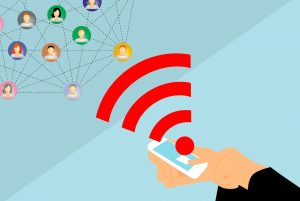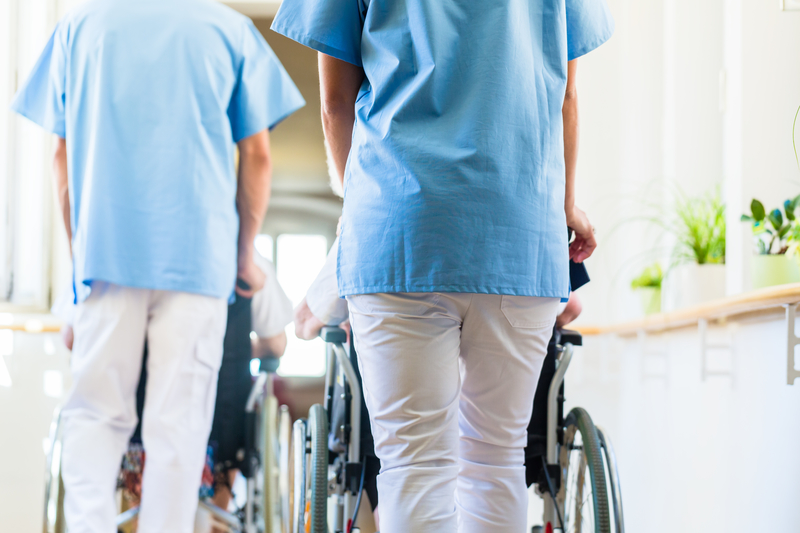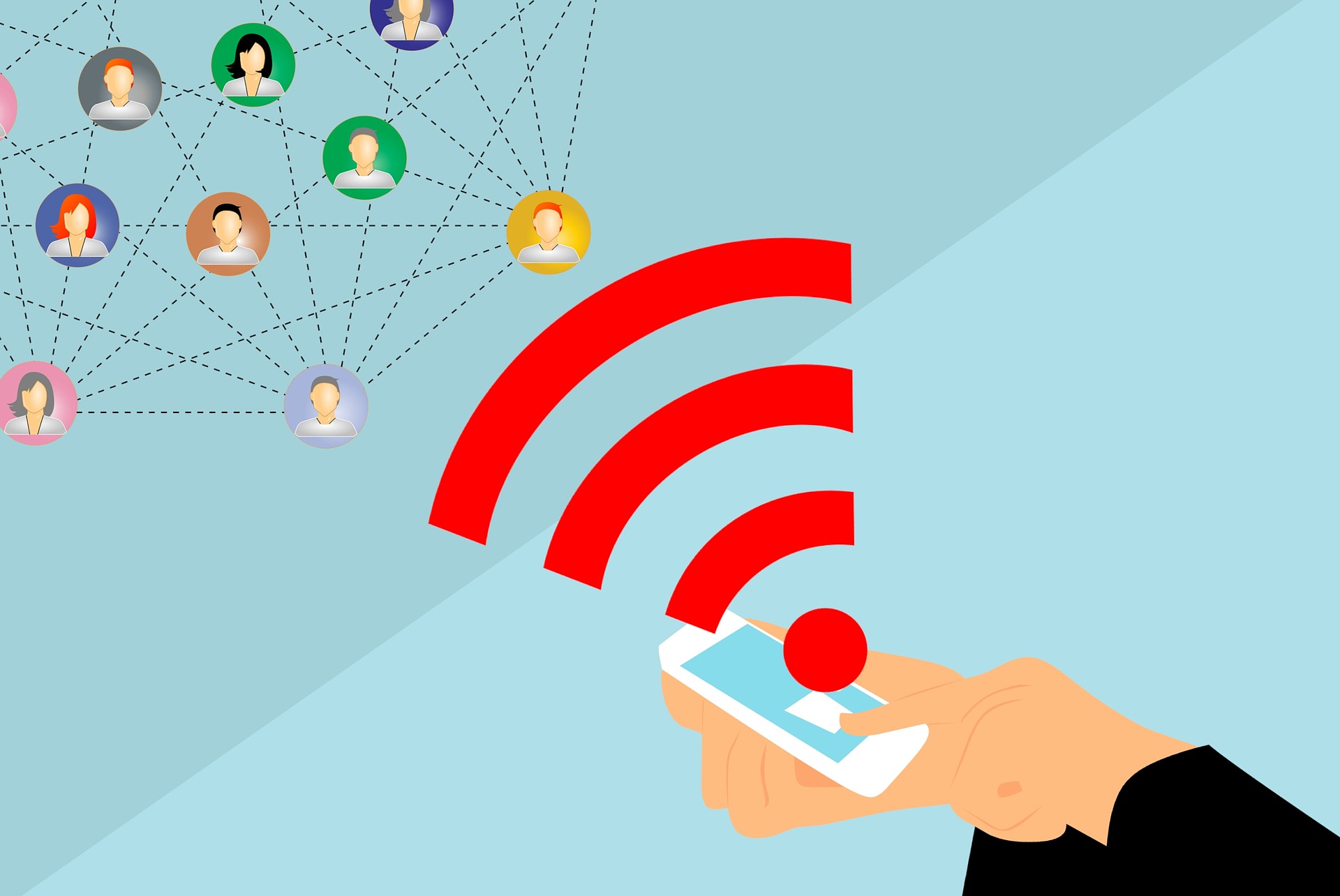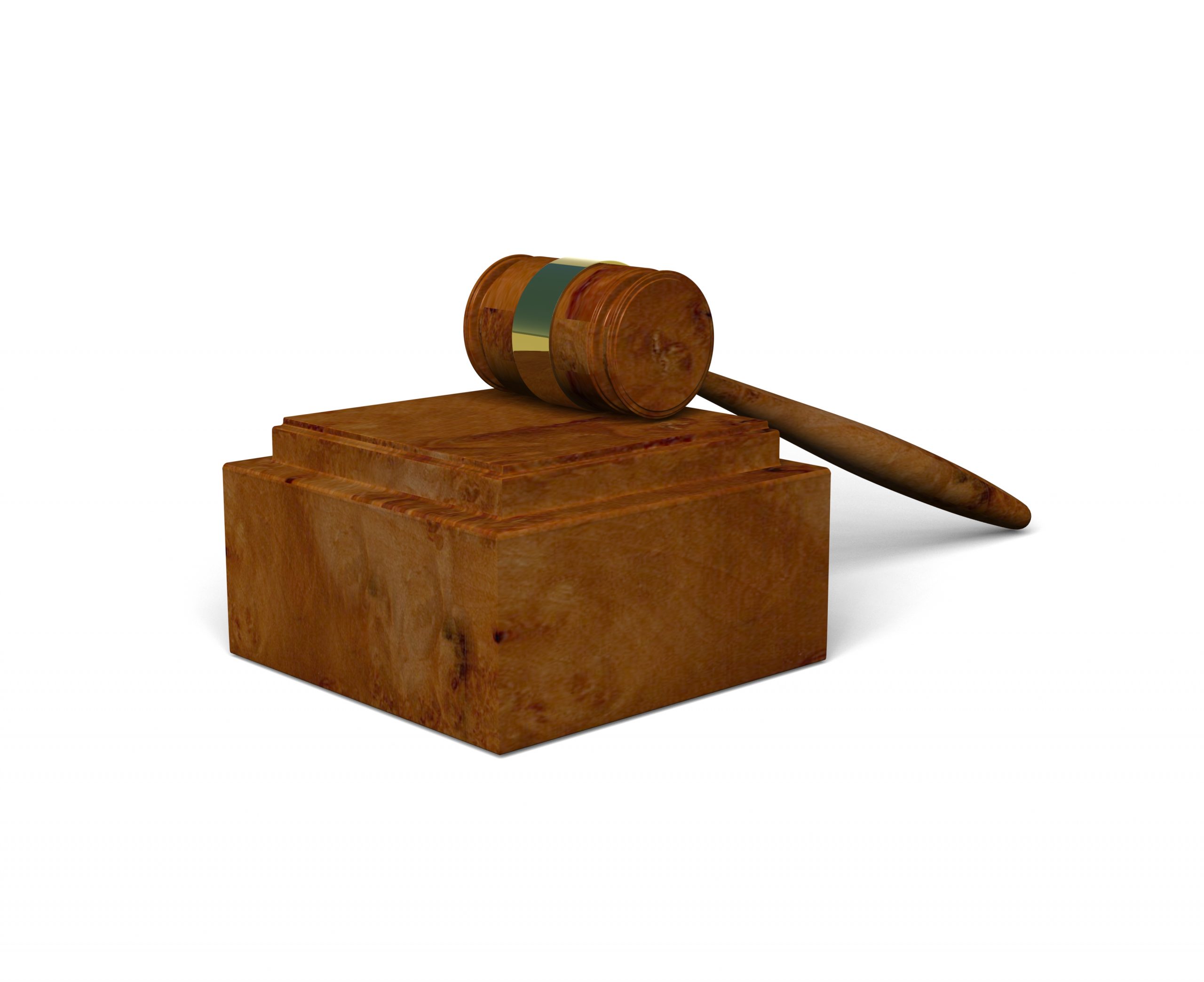 With governments locking down communities to combat the COVID-19 pandemic, health care providers and practitioners scrambled to find ways to deliver care to patients at their homes or residences. CMS relaxed restrictions on providing health care via telehealth, allowing for all Medicare patients to receive care via two-way, audio and video communications, and even via telephone calls notwithstanding that patients may not reside in rural zip codes. Hospitals pivoted to providing services to patients in their homes, again using telehealth modalities or by deploying practitioners to a patient’s home. Skilled nursing facilities also adopted strategies of keeping patients in their homes, deploying needed skilled caregivers to the patient. And while home health services may have hit a lull in the first couple months of the pandemic, services provided by home health agencies soon started to soar. Home health agencies started to become busier than ever, with many providers reporting overall growth due to demand to receive services at home instead of hospitals, skilled nursing facilities or nursing homes.Continue reading
With governments locking down communities to combat the COVID-19 pandemic, health care providers and practitioners scrambled to find ways to deliver care to patients at their homes or residences. CMS relaxed restrictions on providing health care via telehealth, allowing for all Medicare patients to receive care via two-way, audio and video communications, and even via telephone calls notwithstanding that patients may not reside in rural zip codes. Hospitals pivoted to providing services to patients in their homes, again using telehealth modalities or by deploying practitioners to a patient’s home. Skilled nursing facilities also adopted strategies of keeping patients in their homes, deploying needed skilled caregivers to the patient. And while home health services may have hit a lull in the first couple months of the pandemic, services provided by home health agencies soon started to soar. Home health agencies started to become busier than ever, with many providers reporting overall growth due to demand to receive services at home instead of hospitals, skilled nursing facilities or nursing homes.Continue reading
Healthcare App Data Sharing – Do’s and Don’ts
 By: Steven Boyne
By: Steven Boyne
I recently wrote an article titled The Top Five Legal Concerns When Developing a Healthcare App, and I received some follow up questions, including technical queries about encryption and data sharing. To answer these questions, it is important to understand the current Healthcare App state of affairs. Various reporters, governmental agencies and privacy watchdogs have installed and monitored the flow of data from Healthcare Apps installed on smart phones. These journals, articles and enforcement actions taken together provide a roadmap for Do’s and Don’ts for the sharing of data.
Almost all Healthcare Apps are free and have some disclosures about how they share your data, and both iOS and Android require the user to give permission to the newly installed App, but who really pays attention to that? Almost no one. However, this doesn’t mean that an App developer shouldn’t embrace best practices to avoid liability and bad press.Continue reading
Clarification on Executive Order 20-72 on Non-Essential Elective Medical Procedures

When the Governor issued Executive Order 20-72, essentially shutting down any healthcare service that isn’t urgent, it sent the entire Florida healthcare industry into a tail spin. In recognition of that fact, many industry trade groups circled back to Florida government and sought clarification. Attached is one report of such a clarification issued by the Florida Medical Association.
AS FOLLOWS:
The FMA interpretation of Executive Order 20-72 is that only medically unnecessary, non-urgent or non-emergency procedures or surgeries are prohibited. This has been confirmed by staff at the Florida Department of Health in communications to the FMA this morning.
The Department of Health also confirmed that Physicians can continue to see patients for purposes of evaluation and management. Telemedicine visits can continue unabated. Primary care practitioners can continue to see and treat patients with chronic and acute conditions, perform wellness exams, and provide mental health services, that do not consume personal protective equipment. Specialists can see patients for follow-up care and other non-surgical purposes.
The medical care prohibited under this order is:
• elective or non-medically necessary surgical procedures
• surgical procedures that can be postponed without putting the patient’s immediate health, safety or well-being at risk
• medical procedures that would consume personal protective equipment, that can be postponed without putting the patient’s immediate health, safety or well-being at risk
Physicians should consult the CMS recommendations for additional guidance. We understand the negative impact this will have on countless physicians and their patients. The FMA will be here to help guide you through this unprecedented event. If you have any questions please contact the FMA General Counsel’s office at [email protected] or call 850 224-6496.



